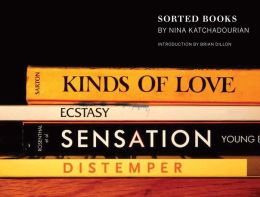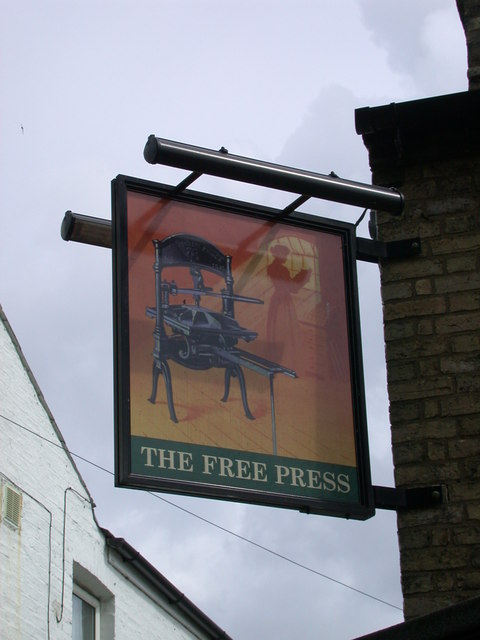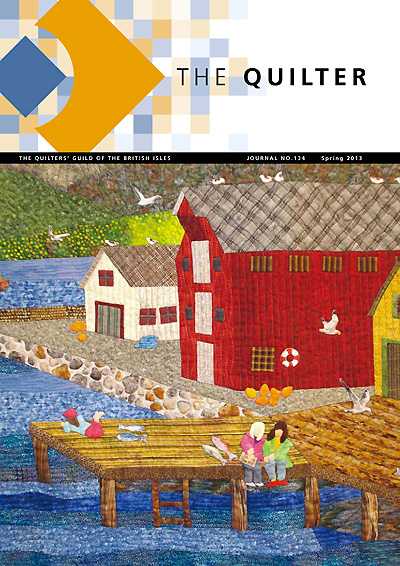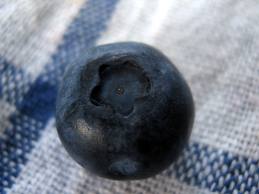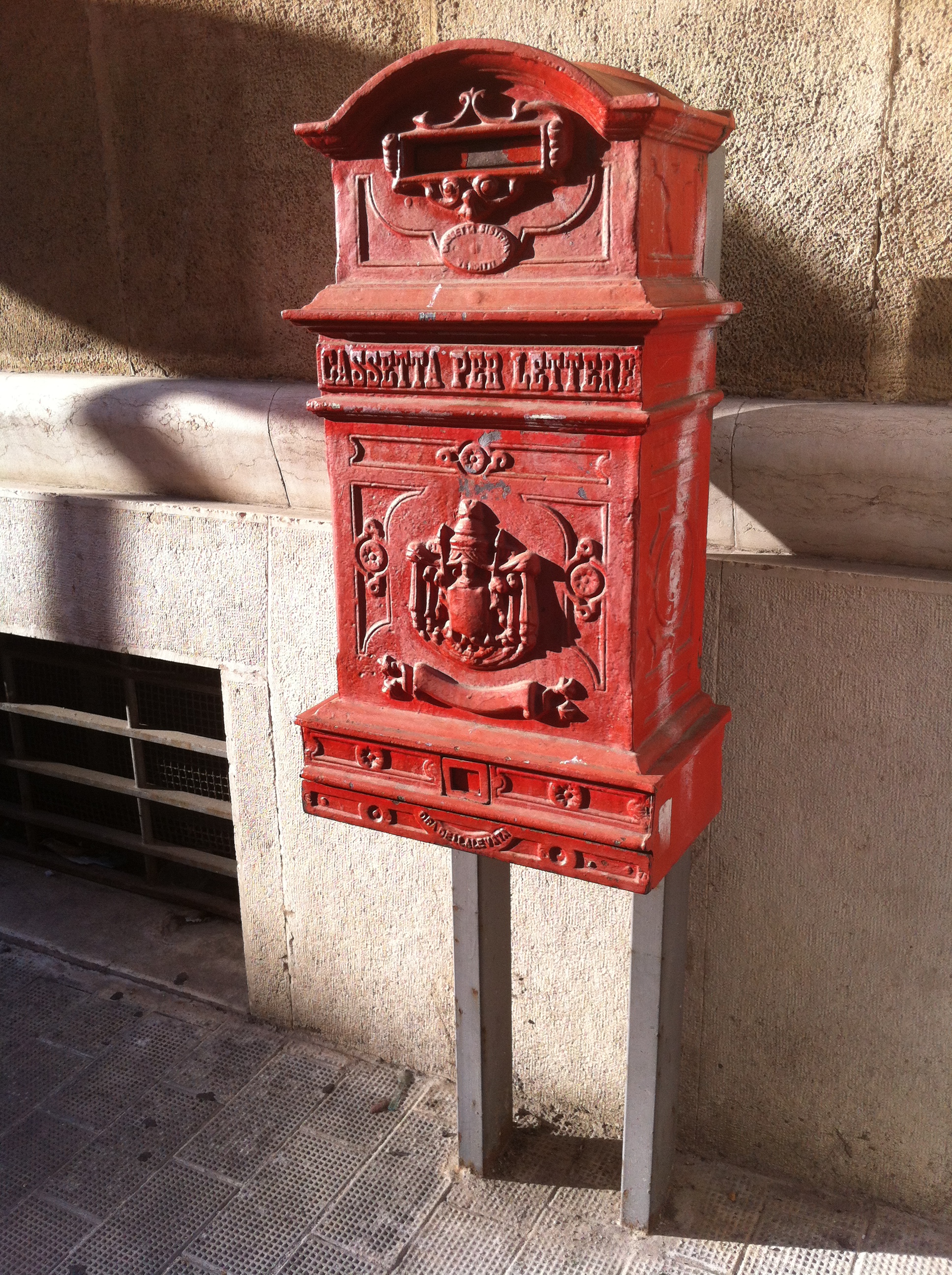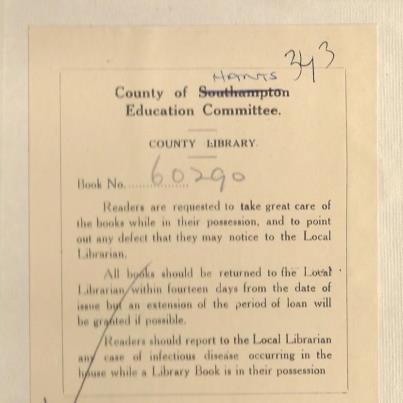Faculty of English, University of Cambridge
The Faculty of English wishes to appoint a University Lecturer in Literature and the Material Text to 1500, from 1 September 2013.
The appointee will be expected to have a good first degree and a doctorate in a relevant subject area and possess the ability to work as part of a team. He/she will also be expected to demonstrate evidence of ability to engage in high-level research, with publications and participation in scholarly activity commensurate with stage of career, and to teach effectively at all relevant levels. The appointee should also be able to teach in related fields in English literature and play an effective role in the life and work of the Faculty as a whole, including academic administration.
Appointments made at University Lecturer level will be permanent, subject to a probationary period of five years.
Further particulars for this post, with information about the Faculty, and details of how to apply can be found online, together with the University Application Form.
Quote Reference: GG26472 Closing Date: 26 April 2013
Faculty of English, University of Cambridge
The Faculty of English wishes to appoint a University Lecturer in Literature and the Material Text from 1500, from 1 September 2013.
The appointee will be expected to have a good first degree and a doctorate in a relevant subject area and possess the ability to work as part of a team. He/she will also be expected to demonstrate evidence of ability to engage in high-level research, with publications and participation in scholarly activity commensurate with stage of career, and to teach effectively at all relevant levels. The appointee should also be able to teach in related fields in English literature and play an effective role in the life and work of the Faculty as a whole, including academic administration.
Appointments made at University Lecturer level will be permanent, subject to a probationary period of five years.
Further particulars for this post, with information about the Faculty, and details of how to apply can be found online, together with the University Application Form.
Quote Reference: GG26462 Closing Date: 26 April 2013
 Today sees the publication by Cambridge University Press of a new edition of the poems of D. H. Lawrence. Censorship has always been a key part of the story of Lawrence’s career as a writer, but this edition reveals for the first time how much it affected the poems as well as the novels.
Today sees the publication by Cambridge University Press of a new edition of the poems of D. H. Lawrence. Censorship has always been a key part of the story of Lawrence’s career as a writer, but this edition reveals for the first time how much it affected the poems as well as the novels.